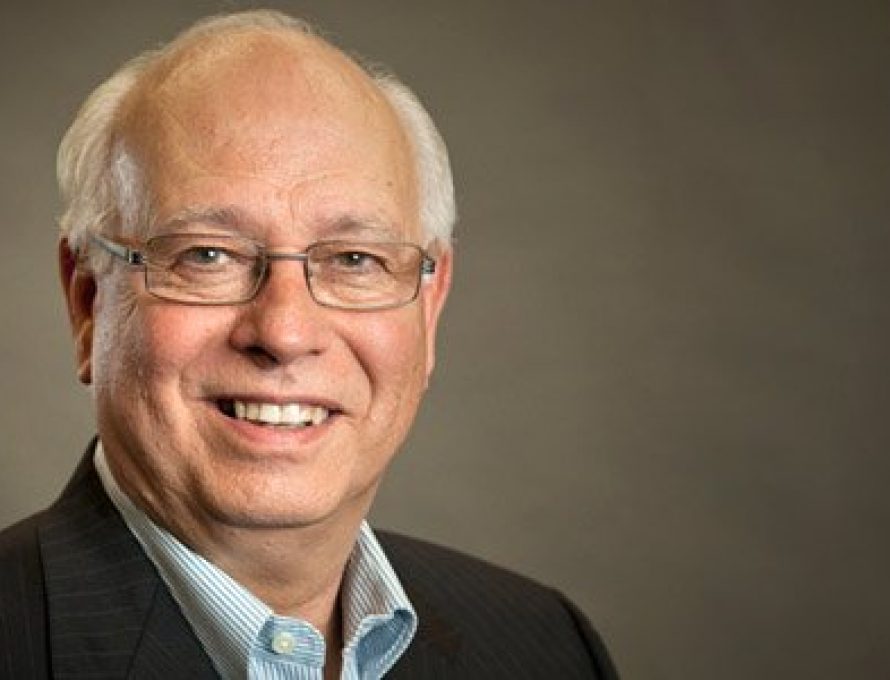As with all organizations, the Missouri Baptist Convention needs to ask the question, “Why?”
Why are we an important part of what the Lord is doing among a network of Bible-believing, evangelistic, mission-minded churches located in the center of the Heartland?
Some people point to Acts 1:8 and describe the state ministry as a “Judea” ministry. The result is a relational and authentic ministry that works with local churches and church leaders to transforms lives and communities with the gospel in ways a global or national ministry cannot.
Historically and pragmatically, there are seven unique functions cooperating churches have assigned to state conventions. The first of these functions is to sound the trumpet — that is, to exercise jurisdictional leadership.
In Old Testament times, leaders in a particular jurisdiction were given the privilege – that is, the permission and the power – to convene the people, to sound a trumpet and assemble the people for a common purpose. Old Testament prophets were called to assemble the people. Joel 2:15-16 says, “Blow the trumpet in Zion; set apart a fast, a day of restraint and humility; call a solemn assembly. Gather the people….”
In the Book of Acts, there are examples of leaders who assembled the people to make determinations about various issues facing the early church. Church history bears record of numerous councils formed by church leaders from various geographic locations for the purpose of seeking wisdom and determining perspective.
There are times when the people of God need to be convened to collectively recalibrate our walk with the Holy One and to consider the purposes of God and how to collectively fulfill the mission of gospel.
In the context of Southern Baptist life, this is the function of the state convention. No one church or national entity can summon the people called Southern Baptists who live in a particular state or region. The state convention can do so because of a principle called “jurisdictional leadership.”
Here is how jurisdictional leadership works: Churches summon their local members. Associations call together the people that live in their particular areas like a county, multiple counties, or an affinity group. The state convention calls Southern Baptists living in that jurisdiction together to pray, equip, and determine the protocols of their cooperative ministries. Southern Baptist leaders call together Southern Baptists on a national scale to determine the scope and practice of national and international ministries. Every level has the power to convene the people.
Southern Baptists use the term “leadership” rather than jurisdictional “authority.” Southern Baptist churches have a history of resistance to hierarchical structures in our ecclesiology. In Southern Baptist life, there are four levels of jurisdictional leadership founded on the Acts 1:8 model: Local churches, associations, state conventions, and the national convention. Every level cooperates in shared ministry. The people at each level value the other levels for the significant contributions they make to the work of the Kingdom. There is the sense of partnership and fraternity, not dominance over each other.
Effective state conventions understand that part of leadership means they work with associations to convene the people in local areas to accomplish particular goals. State convention missionaries do this with an attitude of service and partnership, not authoritarianism.
Effective national entity leaders understand that partnering with state convention leaders maximizes the capacity to encourage the people in a given jurisdiction to join in a national initiative — a bold step of collective faith. This is sometimes referred to as consensus building, a vital component of organizational life.
The state conventions convene the people in their respective jurisdictions at annual meetings for the primary purpose of encouragement in the Word, reporting on the previous year, and setting the goals and policies for cooperative work in the future. The state convention also networks with its churches and church leaders through personal relationships, writing, events, supply preaching, and other methods of communication to tell the story of God at work in and through the cooperative churches in their jurisdiction.
This is part of how we do our work as cooperating Southern Baptist churches. Somebody must lead the cooperative work in a state. Missouri Baptist churches have graciously and respectfully made that assignment to the MBC and its state missionaries.
There are six other functions of “Why?” for the state convention that I propose to unpack in future issues of The Pathway.

